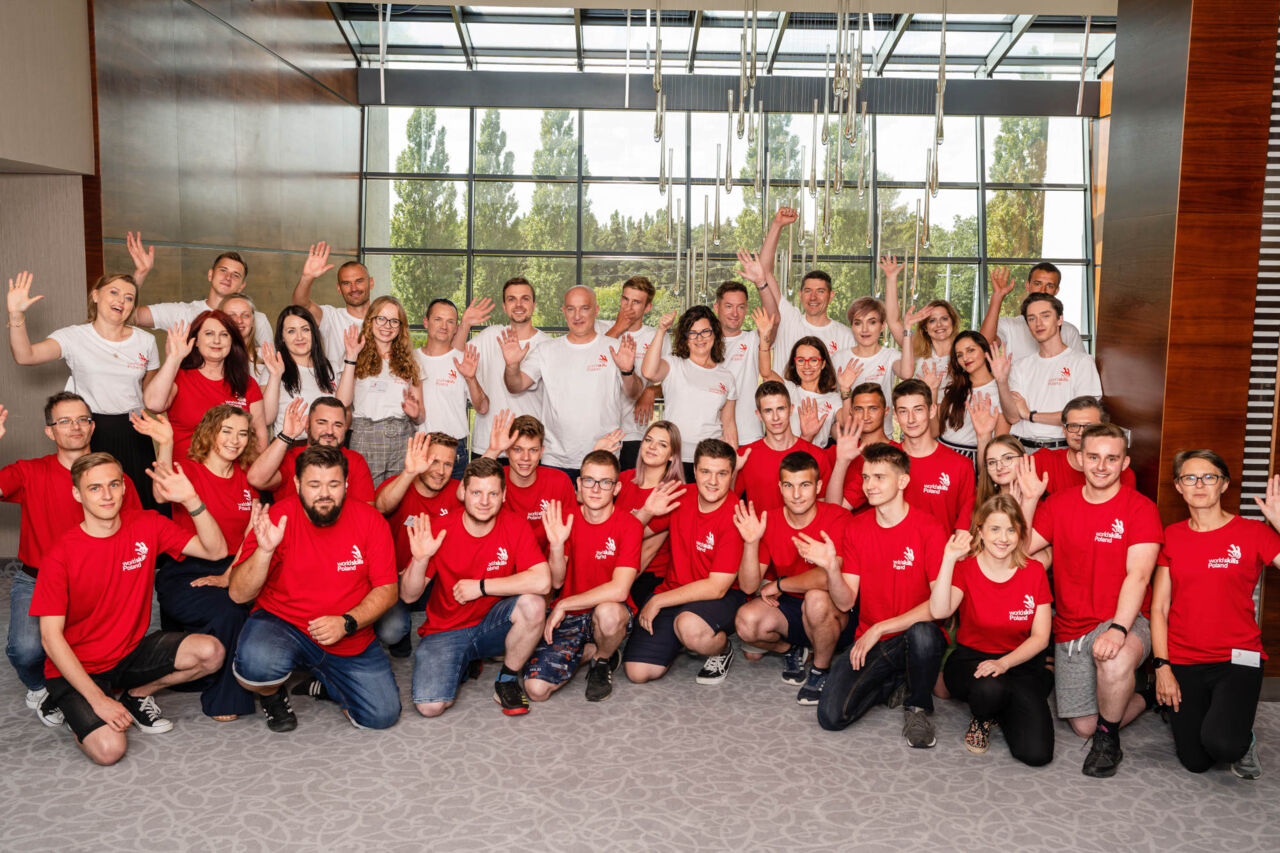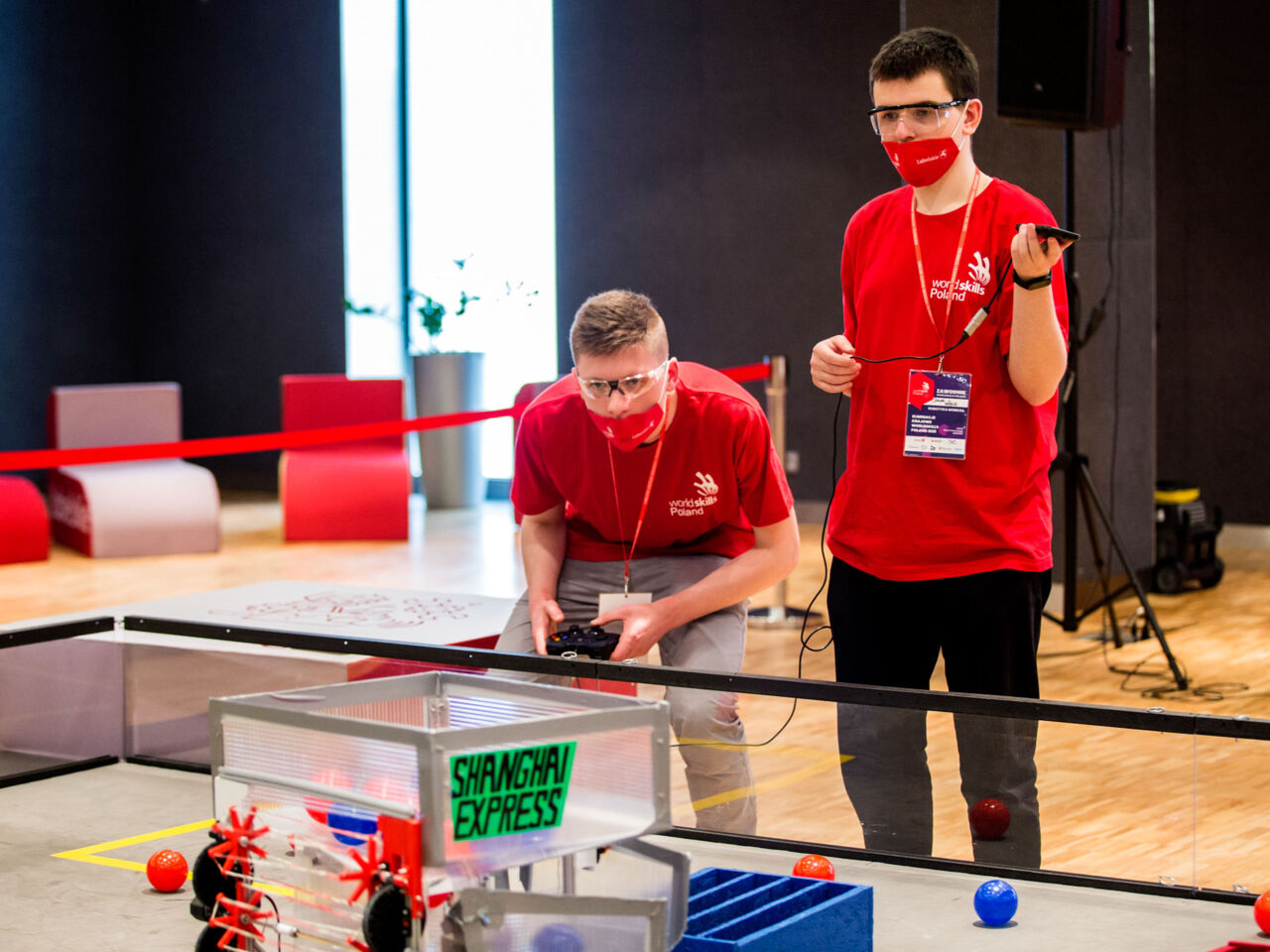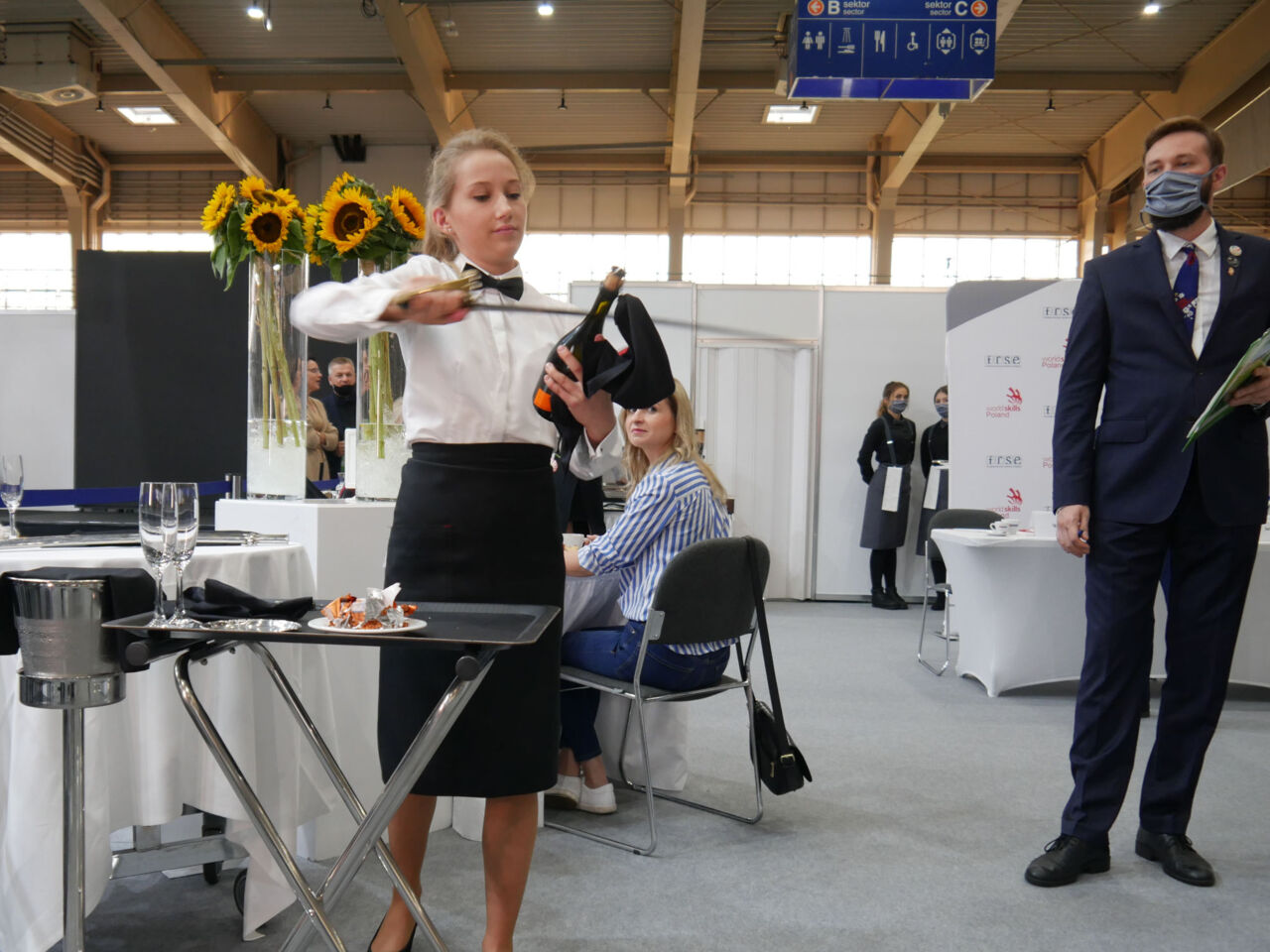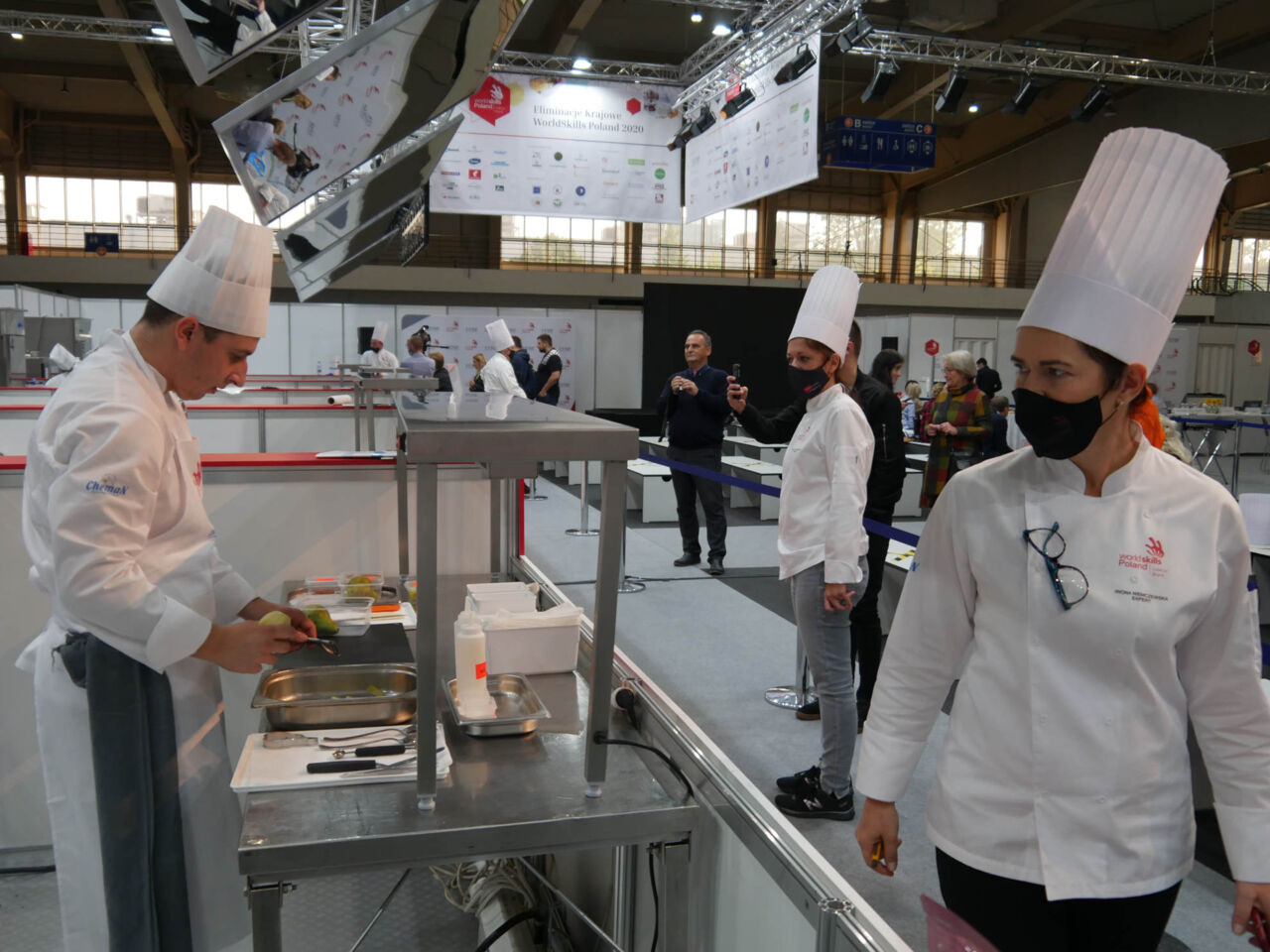29 July 2021
Poland raises the profile of VET education
WorldSkills membership is providing a framework for Poland to build a national system of skills competitions.
Poland is one of the newer Members of the WorldSkills community, but its progress in just a few short years is a shining example of what can be achieved.
After taking a silver medal in its first Competition at WorldSkills Kazan 2019, WorldSkills Poland has already raised the profile of vocational skills and education at home, with plans to bid to host the EuroSkills Competition in 2027.
Yet the decision to join WorldSkills International almost happened by chance. Paweł Poszytek, the Official Delegate for WorldSkills Poland, knew the President of WorldSkills Europe, Dita Traidas from Latvia, after working together on the Erasmus+ programme. When Poland’s new government announced a series of education reforms to raise the profile of vocational skills and education in 2017, the path to WorldSkills membership became clear.
“I suggested to the ministry of education that we should join this initiative and we got the blessing from the national authorities to proceed,” says Pawel.
After sending observers to WorldSkills Abu Dhabi 2017, WorldSkills Poland’s first team went to Budapest for EuroSkills 2018 and then to Russia two years later.
The silver medal won by Maciej Pisarek for Cooking was an unexpected bonus of Poland’s WorldSkills Competition debut, but as Pawel admits, “at that stage we were not thinking about the medals. We were the new acquisition to the family.”
The young chef, who also collected the Best of Nation, became, as Pawel puts it, “a celebrity and a little star” back home almost overnight with media coverage and TV appearances. It raised WorldSkills Poland’s profile, attracting support and interest from businesses in the gastronomy sector.
“We did not even have to look for them,” says Pawel. “They approached us and said ‘we have to do something together now.’“
It was a valuable model showing the value of skill competitions to potential partners in other sectors and helping to build closer links with businesses and entrepreneurs, which is a cornerstone of Poland’s education reforms.
“We thought that joining WorldSkills would be a good practical example to show people in Poland that this corporation is really very important if we want to have the VET system more efficient,” says Pawel.
“We need the WorldSkills to exemplify in what direction the development of technical education should go, because otherwise educational reform would be somehow empty. You need to show people examples that it works.”
Poland’s government has begun to recognize the growing authority of WorldSkills Poland in developing vocational education and skills training. Recently it gave WorldSkills Poland the responsibility to develop national skills competitions for the first time, while young people who reach certain standards, such as a Medallion for Excellence in WorldSkills Competitions, will pass their final examinations automatically.
The aim is to align Poland’s standards more closely with those of WorldSkills to provide a framework for the national system of building skills competitions.
“I think that in a reforming the VET sector we need not only national initiatives and governmental action initiatives, even if they are very, big, it’s not enough,” says Pawel.
“We also need European schemes. And we also need global schemes, like WorldSkills, all these elements in a kind of synergy. If you can manage it and have a kind of strategy and vision, in Poland, I think can bring tangible results and that’s what we are trying to do. So put it shortly, WorldSkills for us is a very important tool.”

Historically, large numbers of Polish workers have moved overseas to look for work, but a rise in the country’s living standards means many are returning home. That creates a challenge for the Polish government to attract international investment to employ them, but also for its VET system to ensure skills gap do not deter companies from setting up.
Poland is keen to develop future skills like Cloud Computing, Mobile Robotics, Industry 4.0, Mechatronics, and Cybersecurity at its competitions.
“We want to shout to the world that we have also the potential in those future skills, and we will promote them,” says Pawel.
WorldSkills Poland has recently held two national competitions for Chemical Lab Technician and IT skills. It is all part of the preparations for EuroSkills Graz 2021 and WorldSkills Shanghai 2022. WorldSkills Poland continually assesses which skills are a priority to support Poland’s economy in the 21st century. It turns out the global demand identified by WorldSkills matches the skills demand in Poland.
Expectations in these events was the subject of a recent team meeting. “And then I spoiled everything because I came on the last day and I told these young people that I don’t expect any medals from them and that experience is important, “says Pawel.
“We are still a new Member. Obviously medals help, but I think that what’s most important for our Competitors still is rather the experience of looking at how young people from other countries approach different challenges and tasks in different skillsets and competitions. And if, as a kind of by-product, some medals appear - perfect!”


